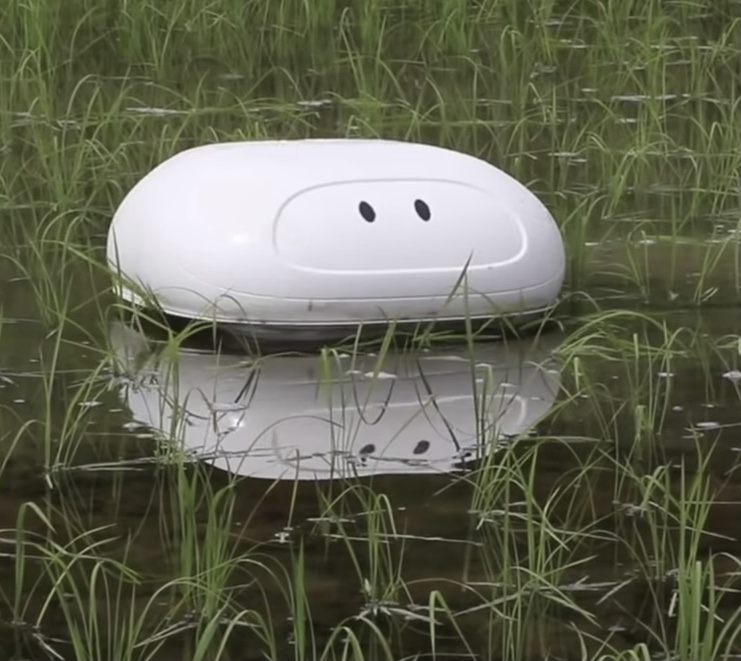This website uses cookies so that we can provide you with the best user experience possible. Cookie information is stored in your browser and performs functions such as recognising you when you return to our website and helping our team to understand which sections of the website you find most interesting and useful.
Sake brewery employs automatic weeding robot
One of the world’s oldest sake producers has enlisted the help of a robotic duck to rid its rice paddies of unwanted weeds.

Japanese sake brewery Kojima Sohonten in the Yamagata Prefecture has unveiled a host of new plans to help make its production more sustainable.
Among these is the introduction of an automatic weeding robot, part of the brewery’s new organic rice cultivation project. Named after the Aigamo breed of duck, which for centuries has paddled around in flooded paddy fields, tearing up weeds and snacking on insects, with its manure even acting as additional fertilizer, the modern robot was designed by an engineer who once made cars for Nissan.
The weeding robot, developed by Organic Rice Design Co., Ltd., and nicknamed “Aigamo Robot,” will initially be put to work on 12 hectares of rice fields. Resembling a miniature hovercraft, it glides ethereally through water-logged rice paddies, plucking out unwanted weeds as it goes.
Two rotating rubber brushes on its underside take the place of a duck’s feet, which oxygenate the water by stirring it up and preventing weeds from taking root.
The robot is not the only new element to come into play at the sake brewery, which is the 13th oldest sake producer in the world, having been founded in 1597.
In an unprecedented move for the sake industry, this year Kojima Sohonten will switch all electricity used for its production activities over to renewable energy generated in its surrounding area, the Okitama region of Yamagata rather than purchasing energy from a designated provider.
The brewery has never been afraid of making bold changes. In 2020, it decided to convert its entire production to a category of sake called Junmai-shu, that contains no added distilled alcohol,
By eliminating the need for brewers’ alcohol made in regions like Brazil and Southeast Asia, and choosing to focus on locally produced ingredients instead, the brewery has significantly reduced its CO2 emissions from international transport.
Furthermore, Kojima Sohonten champions using local Yamagata rice varieties such as Dewasansan, Dewa no sato, and Dewakirari. As part of its plight to support local growers, many of whom also work for the sake brewery, Kojima Sohonten founded the Yonezawa Sake Rice Society. Lots of local residents are seasonal workers, farming rice in the summer, and brewing sake in the winter.
Related news
Suntory expands water education provision target for 2030

